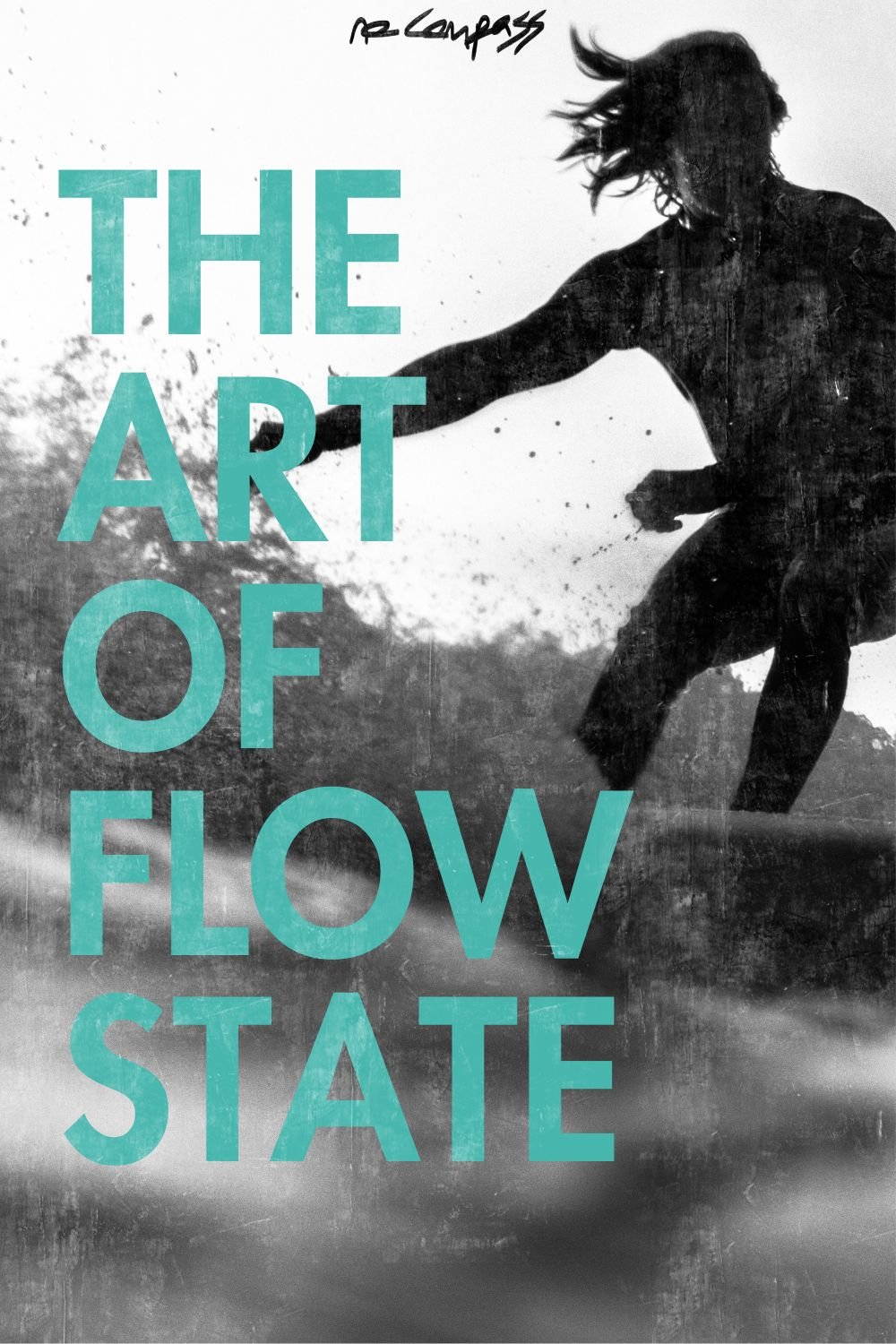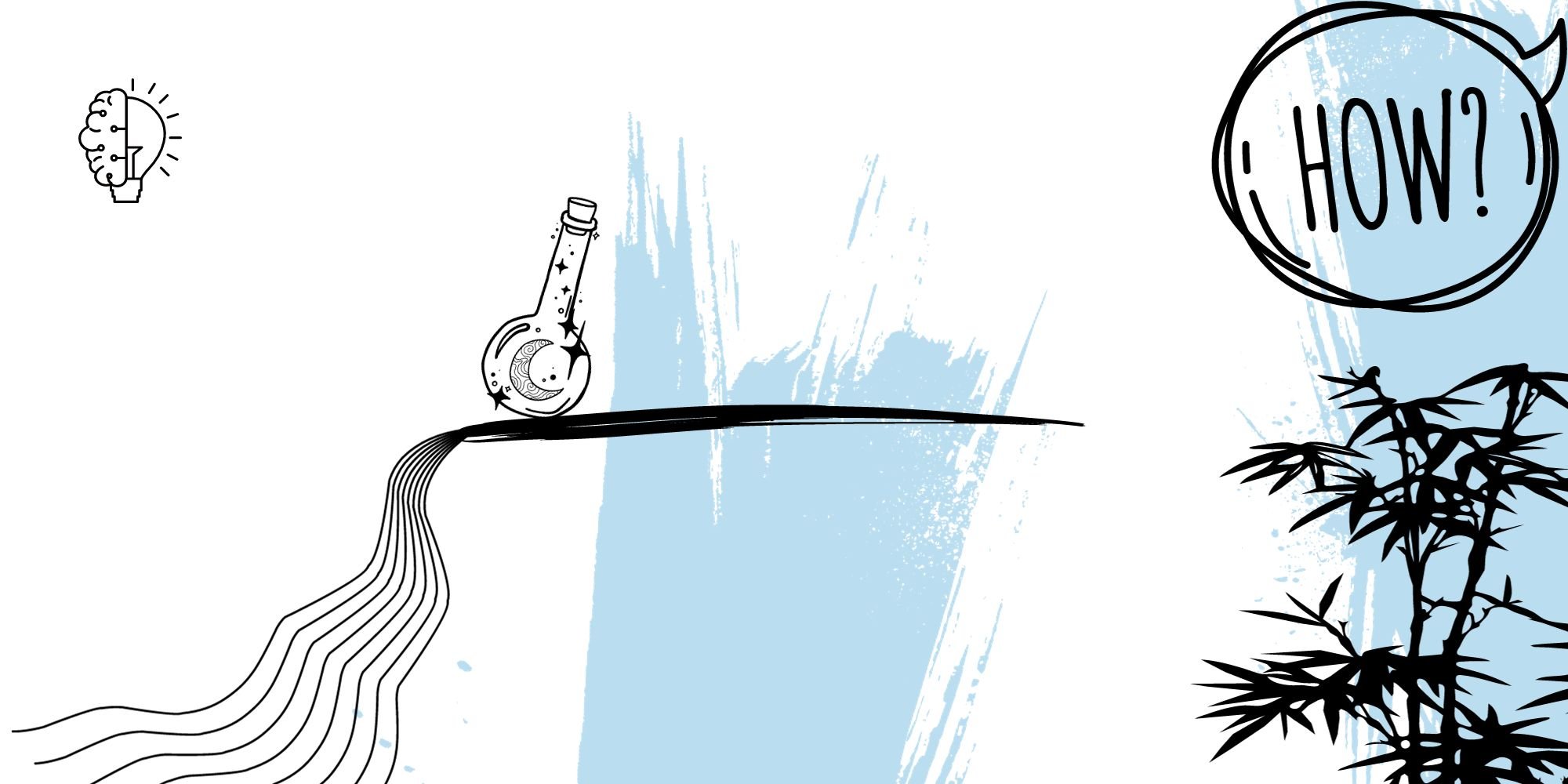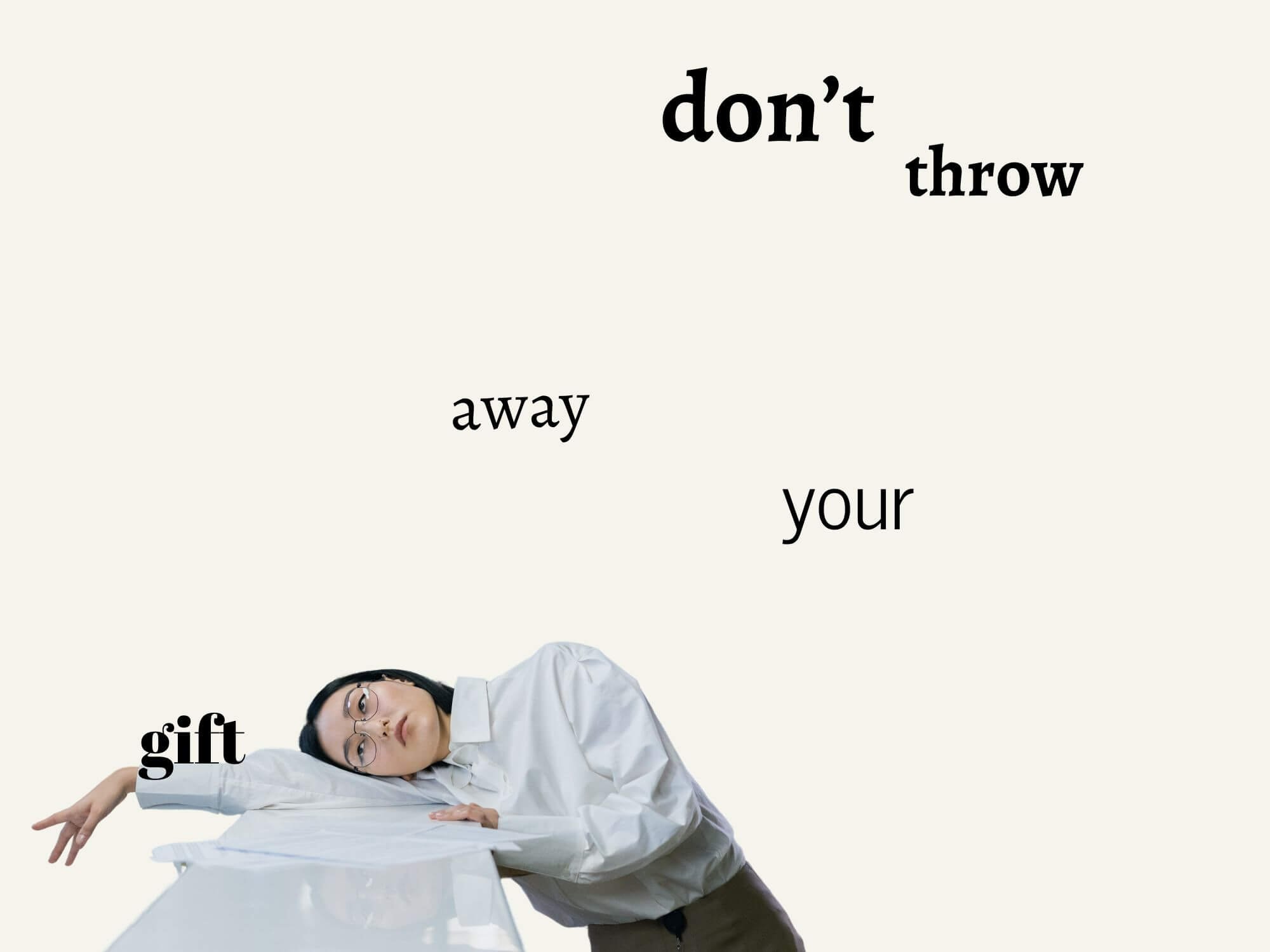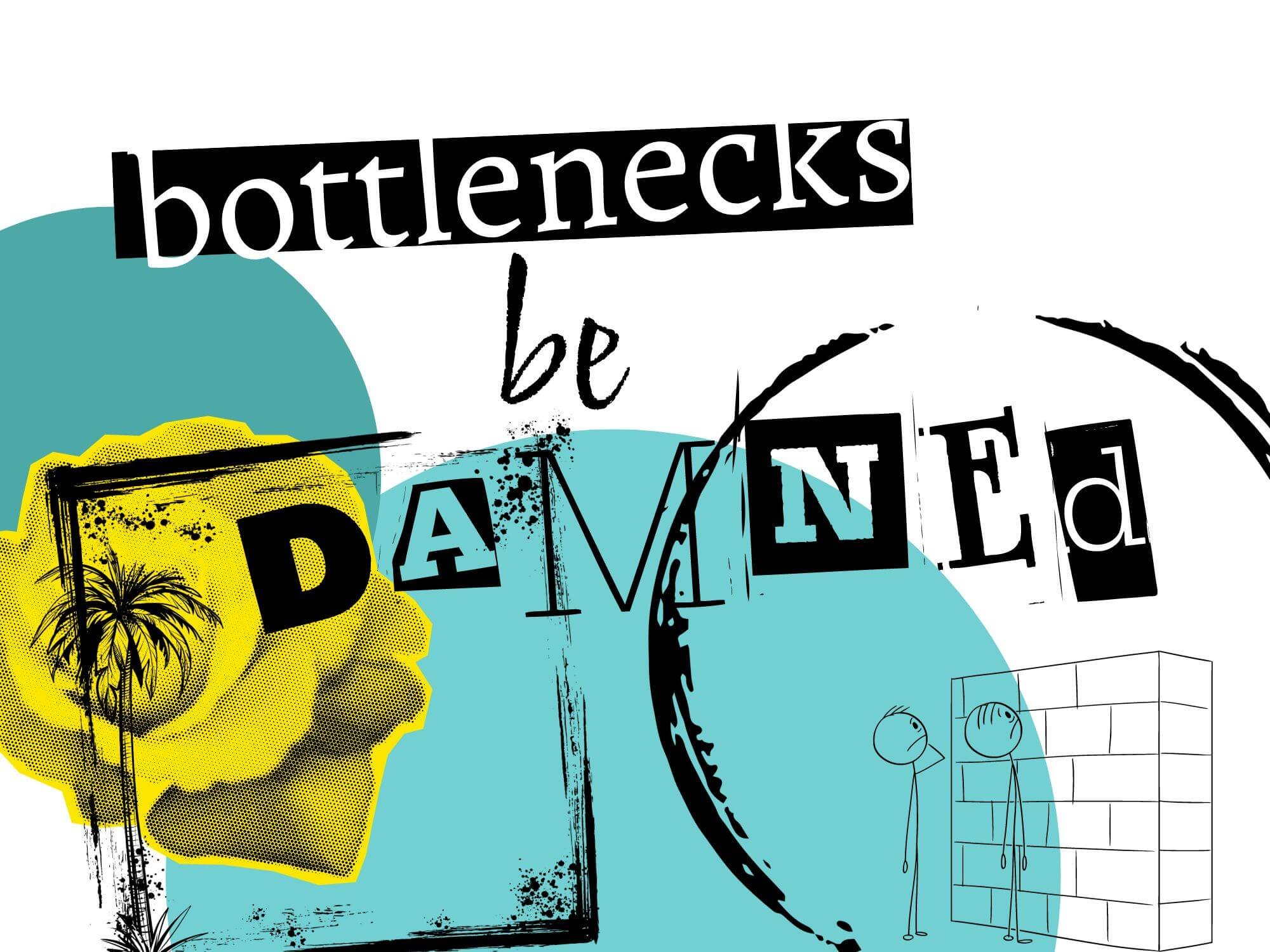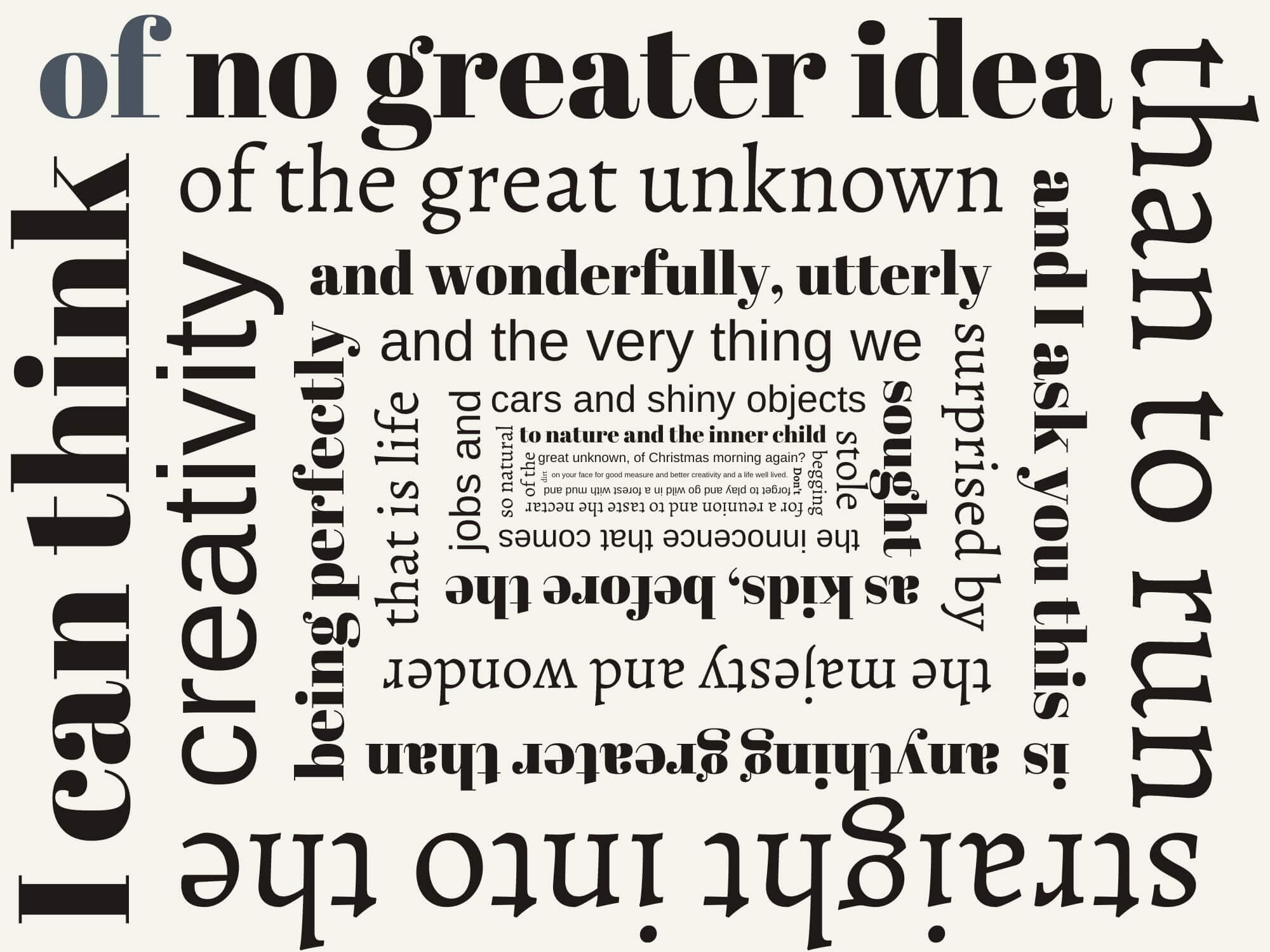Find Your Flow State (6 ways I harness it)
Live in flow.
(psst, don’t forget to pin this jazz!)
Flow state is the artist’s sweet spot. You lose track of time and your thinking mind gets real quiet. My best work always comes during these moments.
This is my guide to finding your flow state.
Now let’s do this!
Table of Contents
What Is Flow State?
Flow state is when you’re so immersed in the task at hand, you create from a place that feels easy and outside of time. It’s like pure present moment awareness. It’s meditation, really.
Thought and logic don’t exist here. And ideas flow without much effort.
What Flow State Feels Like
Exciting
Intuitive
Effortless
Heart-led
Inspirational
Serendipitous
Hyper-focused
Like work is qualitative
How to Find Your Creative Flow (6 tips)
1. Don’t Think (feel)
Creative flow happens when we’re not thinking — when we’re completely lost in the moment.
It’s emotional and cathartic. So this is my first strategy for finding flow: stop thinking and start feeling.
For me, this means creating with my heart (not my head). And this starts with first setting the intention.
I avoid reasoning my way to some novelty or creative spark. Instead, I rely on intuition and spontaneity (more on these just below).
I refrain from judging my work. And I separate from myself and my perceived identity.
It helps to imagine as if you’ve just arrived and know nothing at all and no one (this is a meditation “magic” technique I picked up from RJ Spina).
When I do it right, it’s just me and my creative mood.
Anything goes and I use my emotion and feeling as a guide.
Of course, this is all easier said than done — and requires some patience and practice — but it’s a skill well worth developing.
So don’t think. Just set the intention, try to live in the moment and feel it.
Explore more:
➤ Creative Freedom (+ how to find it)
2. Lean Into Spontaneity + Intuition
For me, spontaneity and intuition are close friends.
Spontaneity is the active response to some intuitive push or sudden drive to do something.
Often, we set aside logic and reason when acting spontaneously or intuitively. This is the perfect environment for creative flow.
So my advice here is to lean into your creative inklings or intuitive pushes to do or try something.
Embrace spontaneity.
Explore the mood, even if it turns out to be nothing or a creative “flop”. Getting into the habit of recognizing (and acting on) your artistic intuition is an awesome skill to harness.
Also, the stuff we act on spontaneously often represent the things we’re most passionate about or have deep values for.
So this is also an exercise in self awareness and development.
Explore more:
➤ How to Do More of What You Love
3. Identify Flow State Bottlenecks
Reaching creative flow requires a level of mastery with your craft.
So the biggest flow bottleneck (in my experience) is a skill deficit.
For example, if you want to reach a flow state with music production, you’ll need to get good at navigating your DAW, layering effects and choosing sounds.
Reaching a point of flow often requires a level of skill or technical know-how.
Of course, some things can be done in a flow state as a beginner (such as casual art or intuitive abstract painting).
But for many cases, a skill deficit can be a serious artistic block.
So consider your weaknesses and try addressing any bottlenecks.
On the other side of skill development is often a renewed sense of flow and energy.
Explore more:
➤ 14 Creative Barriers to Avoid
4. Delete Distractions
Distractions destroy creative flow. And there are too many to count.
Doom scrolling, Netflix, internet rabbit holes…you know the culprits.
Our attention is constantly being pulled in multiple directions, everyday, in many ways. Consumption — especially digital — has gone rogue.
But, we still have control.
There are a few tricks that can nip this distraction in the bud (which will be essential to finding your flow).
So here are some ways to manage distraction and optimize for an artistic flow state:
Turn off notifications (out of sight, out of mind)
Tidy up my home screen (organize and delete apps)
Tidy up your space (too much clutter distracts)
Go to a new space (a new space can bring fresh energy and more creative focus)
Use an app timer (to limit daily use of certain apps)
Practice awareness (catch yourself in the trap of distraction)
Consume different content (that’s closer to your goals or creative skill building)
Turn your phone on grayscale mode (take away the color on your phone)
Explore more:
➤ Freaking Shiny Object Syndrome
5. Have A Play Mindset
Getting into flow is much easier when we optimize for fun and play.
After all, what is creativity but intelligence having fun?
And a lot of this (for me, at least) comes down to mindset. So let’s embrace a play mindset.
A play mindset is one that sees the optimism, fun and light side of everything. And it’s a core part of going with the flow for life in general.
So it makes sense that it should work for creative flow also.
Let’s leave seriousness at the door and optimize for fun.
This means no concerns over engagement or likes or trying to measure how creative you are.
Just enjoy the ride and whatever happens, happens.
6. Practice Present Moment Awareness
It’s time to get still. Let’s practice present moment awareness.
As you may know, the benefits of a still mind extend way beyond creativity. So this is definitely a tip well worth your time.
The best way to live in the present moment (I’ve found) is through meditation.
My meditation routine has boosted both my creative life and my personal one as well (more calmness, less stress, better mindset…the list goes on).
Stillness is like muscle training for patience and tuning into your intuition.
And these are awesome skills when it comes to finding (and keeping) a creative flow state.
So find a comfortable spot, turn on some calming music, close your eyes and simply become aware of your thoughts.
The goal isn’t to eliminate thoughts (that’s impossible). But rather, just try to observe them and not attach yourself to anything.
This is how I hop into a meditative state (but then again, I’m no expert).
Explore more:
➤ How to Live in the Moment
Ebbs + Flows…
The truth is, creative flow won’t always be there. And it’s not always consistent.
Like everything, it’ll ebb and flow (quite appropriately).
Sometimes, your flow state will come in waves, like a stream of consciousness followed up with nothingness.
Other times, it’ll be short-lived (maybe just for a few minutes).
This is all okay — this is all normal.
But the more you show up, trust your creative intuition and keep practicing this flow state, the better you’ll become at it.
It’s a creative skill, really.
So don’t feel bad if nothing’s happening. Stay patient and stay the course.
It’s all part of the process.
Want More? Nice. Here’s More.

